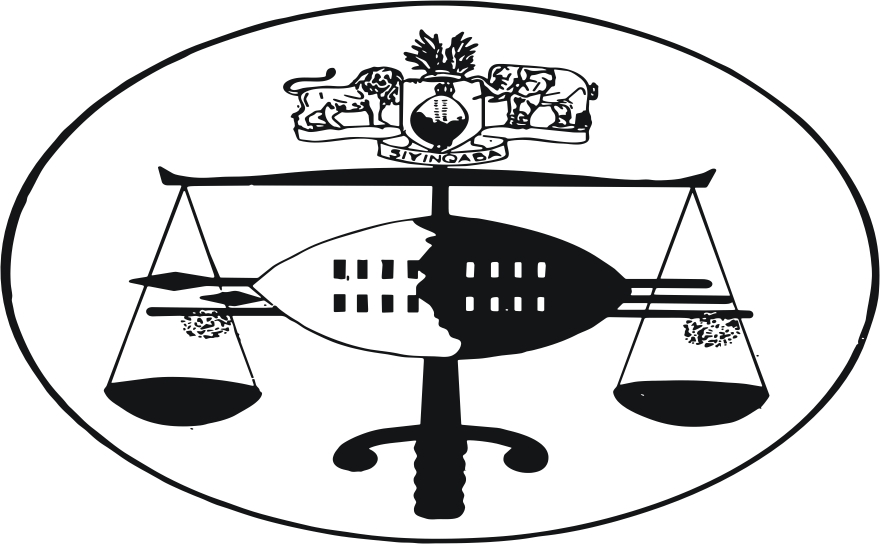3

THE SUPREME COURT OF SWAZILAND
APPEAL CASE NO. 19/2007
In the matter between:
JONAS MKHATSHWA APPELLANT
Vs
REX RESPONDENT
CORAM BANDA CJ
STEYN JA
ZIETSMAN JA
FOR THE APPELLANT IN PERSON
FOR THE RESPONDENT MS N. LUKHELE
HEARD ON 31st OCTOBER 2007
DELIVERED ON THE 12TH NOVEMBER 2007
JUDGMENT
SUMMARY
Appellant convicted of rape of his 12 year old daughter – Sentenced to 22 years imprisonment – Appeal against conviction and sentence – Overwhelming evidence confirming the rape – Sentence severe but not so severe that its merits interference by an appeal court – Appeal dismissed.
STEYN JA
This is an appeal against the conviction and sentence of the appellant on a charge of rape. The complainant is the biological child of the appellant. She was 12 years and 11 months old when, according to the indictment, she was raped by her father. He was duly convicted and was sentenced to 22 years imprisonment. He has appealed both against his conviction and sentence.
The evidence adduced at the trial established that over a period of some 4 - 5 years prior to the events of a night in January 2005, the appellant had raped the complainant. Not only was evidence confirming the rape given by appellant’s daughter, but it was corroborated by her brother, Sifiso, who actually saw his father abuse his sister. The evidence also established that she complained to her grandmother, as well as to her paternal uncle and aunt. The family remonstrated with the appellant and tried to induce him to desist from his unlawful conduct. However he persisted abusing his child. Ultimately the family reported the matter to the police. Medical evidence was adduced and confirmed that the child had been sexually abused.
The evidence of the appellant was that all the testimony implicating him was fabricated. He alleged that the family had conspired to manufacture a case against him. The major conspirator, according to him was his brother PW5. This allegation was never put to the witness when the latter testified about the events, the witness also testified that the family had on three prior occasions reprimanded the appellate about his conduct. This evidence was also not challenged by the appellant.
The court accepted the evidence of the Crown witnesses and rejected the evidence of the appellant. This was clearly justified. The evidence of the Crown witnesses was compelling and the case against the appellant was an overwhelming one. He was rightly convicted and his appeal against this decision of the High Court is dismissed.
The sentence of 22 years imprisonment is a most severe one. The appellant alleged that he was an epileptic. He is a first offender. In sentencing him the Court said the following:
“The crime of rape has become so prevalent that it has reached frightening proportions. In this case the rape is incestuous in that the accused had sex with his own daughter. Incest too is on the rise. I fail to understand how a father can look at his daughter and not only lust after her sexually but even have sex with her. Only a sick mind could conjure up any pleasure in having sex with his own daughter”.
The Court re-called the complainant to give evidence concerning the effect the rape had on her. She testified that the conduct of the appellant had affected her negatively and she asked the Court to punish him “strongly” (severely). She said, although she would like to marry one day, marrying would be an “unpleasant experience”. Her father had in this respect destroyed her future. In SIFISO CORNELIUS NGCAMPHALALA V THE KING APPEAL CASE NO. 34/2003, TEBBUTT J.A. adopted the following comment by the trial Judge which read as follows:
“Rape is a crime of diabolical nature which offends the sensibilities of every normal decent human being more particularly where the victim is of such a tender age as the one in the present case. There has become a national crisis in this Kingdom an instance of children of this age group being victims of rape are on the rise. The Courts have in such cases the responsibility to meet out stiff sentences which will send clear and unambiquous messages that society is disgusted by such behaviour. The rape is a humiliating, degrading and brutal invasion of the privacy, the dignity and the person of the victim. Women, more particularly small girls are entitled to the protection of these rights”.
This is a horrific crime. While the sentence is an extremely severe one, it is not in all the circumstances so severe that it would justify us to interfere and impose a lesser sentence. The prevalence of this crime, the blood relationship, the tender age of the complainant, the absence of remorse and the persistent conduct of the appellant, who despite three prior warnings from his family continued to molest and abuse his daughter were all legitimate aggravating features. Whilst we would probably not have passed a sentence as severe as 22 years, we do not for the reasons set out above, feel we should interfere. The appeal against the sentence is accordingly dismissed and the conviction and the sentence are confirmed.
J.H. STEYN
Judge of Appeal
I agree R. A. BANDA
Chief Justice
I agree N. W. ZIETSMAN
Judge of Appeal